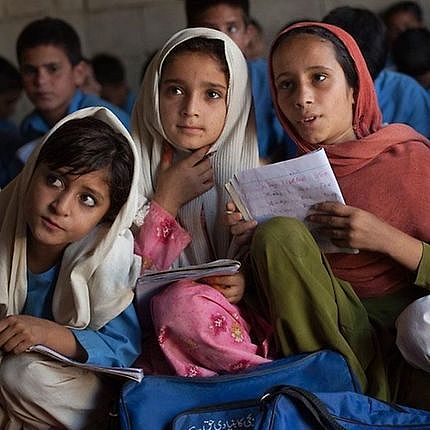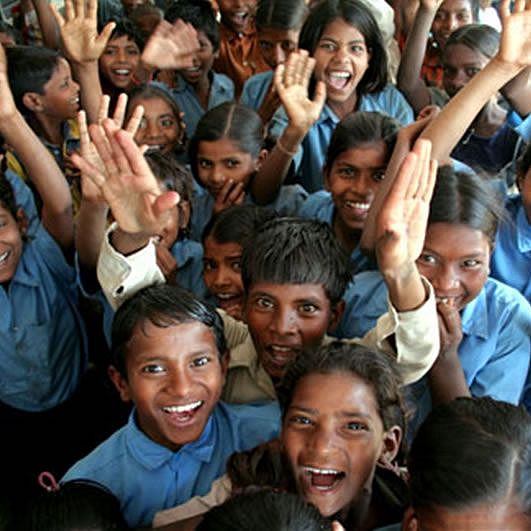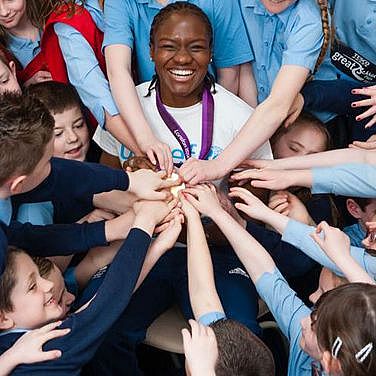
UNICEF is a leading humanitarian and development agency working globally for the rights of every child. Child rights begin with safe shelter, nutrition, protection from disaster and conflict and traverse the life cycle: pre-natal care for healthy births, clean water and sanitation, health care and education.
UNICEF has spent nearly 70 years working to improve the lives of children and their families. Working with and for children through adolescence and into adulthood requires a global presence whose goal is to produce results and monitor their effects. UNICEF also lobbies and partners with leaders, thinkers and policy makers to help all children realize their rights-especially the most disadvantaged.

Access to education has improved in the past decade for millions of children. But far too many of the world's most disadvantaged children remain excluded from school, and many of the children in school do not learn the basic skills they need to lead productive lives.
Education systems around the globe must do more than increase resources to engage the children excluded because of location, gender, disability, ethnic origin, violence or natural disaster. Addressing these challenges requires more than business as usual.

UNICEF helps governments, communities and parents gain the capacities and skills they need to fulfill their obligations for children. These obligations include ensuring the right of all children to free, compulsory quality education, even during a humanitarian crisis, in the recovery period after a crisis, or in fragile or unstable situations. We focus on gender equality and work towards eliminating disparities of all kinds.